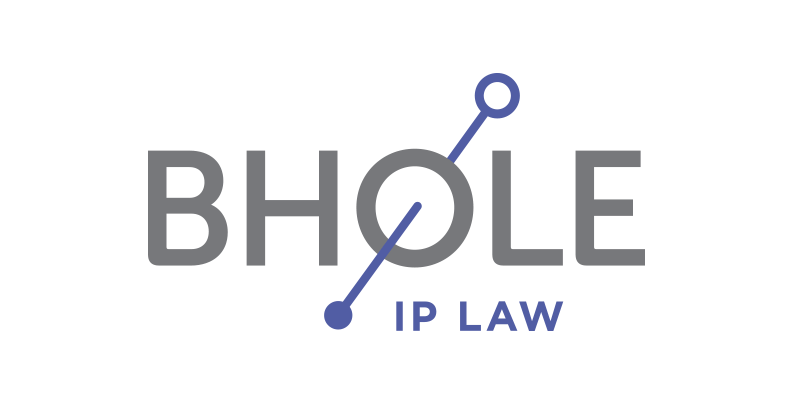The Copyright Board system changes are intended to allow for creators to get paid properly and on time. New business opportunities in the current fast-moving economic environment should mean more money for creators and users.
The Copyright Board of Canada is in charge of establishing royalties to be paid for copyrighted content in a variety of areas such as music streaming, public performance of music, educational copying, and retransmission of television signals.
Lack of transparency and predictability with a history of stakeholder complaints concerning the decision-making process of the Copyright Board is what prompted the reform.
A study by Professor Jeremy de Beer commissioned by the Government of Canada for the years of 1999 and 2013 stated that a tariff decision took three and a half years. Another Senate 2016 study revealed it took between three and a half to seven years to make a decision on a tariff. On average royalties were certified in just over two years.
The government discussion paper on the Copyright Board and its work presents 13 possible options for regulatory and legislative reforms.
The reform is said to push innovation forward with access to new and diverse streams of copyright revenue.
“A modern Copyright Board will better support both creators and users of copyrighted content by providing them with an efficient, transparent, stable and predictable regulatory environment,” said Navdeep Bains, Minister of Innovation, Science and Economic Development.
Below are the main issues that need to be dealt with prior to the September 29th, 2017 consultation deadline.
BACKGROUND
The Copyright Board was established on February 1s, 1989 as the successor to the Copyright Appeal Board, and is an economic regulatory body that decides on the royalties – or tariffs – to be paid for the use of copyrighted works when the administration of such copyright is entrusted to a collective society.
The Copyright Act defines a collective society – or copyright collective – as an organization that collectively administers the rights of several copyright owners. As a centralized body, a collective society grants permission to use the owners’ works, set the conditions for that use and collect tariffs on behalf of the copyright owners that it represents. The Board also has the right to supervise agreements between copyright users and licencing bodies, and to issue licences when the copyright owner cannot be located.
Overall, the Copyright Board’s objective is to set tariffs that are fair for both copyright owners and the users of copyright-protected works within Canada’s cultural sector. This sector is generally thought to comprise the creation, production and distribution of goods and services that are cultural in nature, and that are protected by intellectual property rights.
ENABLE THE BOARD TO DEAL WITH COPYRIGHT ISSUES QUICKLY
One of the greatest challenges that the Copyright Board has faced in recent years is the length of time it takes to come to a decision. Streamlining the decision making process could be a solution if the Copyright Board is able to advance proceedings expeditiously with new or shortened deadlines. Limiting potential contributions of parties to delays and implementing case management, as well as additional information in preliminary filings could help move the process along.
REDUCING THE NUMBER OF ANNUAL COPYRIGHT MATTERS
Due to the large number of matters the Copyright Board must consider annually, decision-making processes tend to lag. The lag can be substantially reduced by permitting all collective societies to enter into licensing agreements or overriding effect with users and without the involvement of the Copyright Board.
PREVENTING TARIFF RETROACTIVITY OR LIMITING ITS IMPACT
The existing framework could also be amended to allow for copyrighted content at issue and collection of royalties pending approval of tariffs in all Copyright Board’s proceedings rather than just some.
CLARIFYING THE COPYRIGHT BOARD’S DECISION-MAKING PROCESS
While experienced participants are familiar with the operations of the Copyright Board, newcomers and courts conducting judicial review of the Copyright Board may benefit from codifying specific Copyright Board’s procedures through regulations in order to clarify and elaborate upon the procedures. Other suggestions include stipulating the overarching criteria that the Copyright Board is to consider in its decision-making process. Lastly, the tariff-setting regimes of the Act could be harmonized to a greater degree to increase consistency and clarity.
**The information provided herein is a general background of intellectual property law concepts, does not constitute legal advice, and should not be relied upon as legal advice. Bhole IP Law, and the author, make no express or implied representations or warranties in respect of the information, including but not limited to the accuracy of the information. Note that while Bhole IP Law is a firm of Canadian lawyers authorized to practice before the United States Patent and Trademark Office, we are not U.S. lawyers nor lawyers in any other jurisdiction. As such, other foreign counsel may need to be consulted for U.S. or foreign legal matters.**

